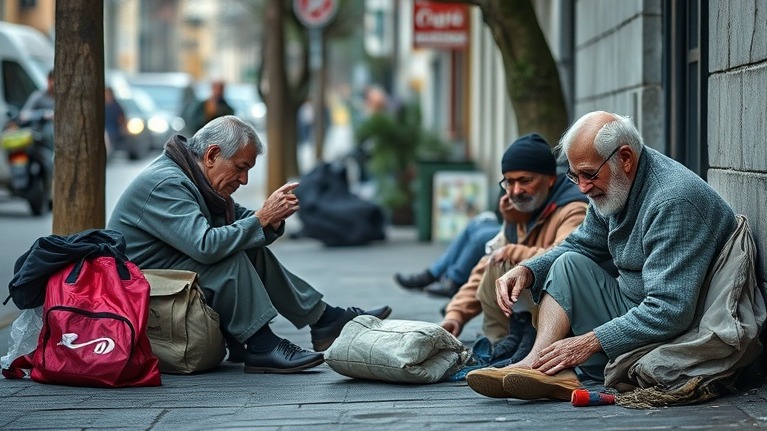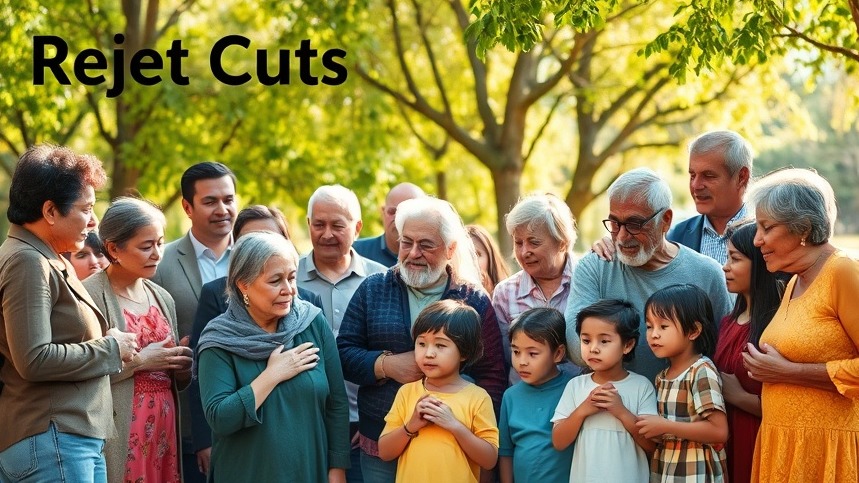
The Troubling Shift in Medicare Policy
In recent times, the promise to protect Medicare benefits for older Americans has faced a critical test with the introduction of the One Big Beautiful Bill Act (OBBBA). This legislation not only threatens to cut Medicare but also puts vulnerable populations at risk.
How OBBBA Targets the Vulnerable
With the OBBBA, many individuals with lawful immigration status who have worked and paid taxes in the U.S. face the loss of their Medicare coverage. Historically, everyone who has contributed through Social Security and Medicare taxes, regardless of their immigration status, was eligible for Medicare. The changes proposed in the OBBBA represent a significant shift from this longstanding policy, undermining the trust that many have in the system they've supported through their labor.
The Financial Burden on Low-Income Seniors
Moreover, the OBBBA complicates the already challenging financial situation for low-income individuals dependent on Medicare.
By halting the Streamlining of Medicaid Eligibility and Enrollment Rules, the bill introduces barriers that could keep about 1.4 million eligible older adults from accessing necessary Medicare Savings Programs.
This could force many to choose between healthcare and essential needs like food and rent, further deepening the strains they already face.
Health Risks Associated with Losing Coverage
Compounding the issue is the stark consequence of losing Medicaid for Medicare recipients. Studies indicate a troubling increase in mortality risk for individuals who lose Medicaid coverage, with reports showing a 4% to 22% higher risk of death.
This gives a sobering insight into the dangers of policy decisions that neglect the health needs of the elderly and disabled. Eliminating financial assistance models only worsens health outcomes and increases healthcare costs in the long term.
What This Means for Long-Term Care
For many seniors, the critical lifeline is not Medicare but Medicaid, as it covers long-term care services that Medicare does not. The proposed cuts threaten this support, potentially pushing the elderly and disabled into precarious situations where necessary care is out of reach.
The Path Forward: Advocacy and Action
In the face of these challenges, communities must rally together to advocate for the rights and needs of these vulnerable populations. It’s crucial to engage in discussions, educate others about the implications of such legislative changes, and ensure that our voices are heard in our respective governments.
Take Action for Medicare Protection
We can all play a role in protecting Medicare for those who need it most. Stay informed, engage with community resources, and participate in advocacy campaigns that aim to support policies that keep healthcare accessible to all—especially our seniors.
 Add Row
Add Row  Add
Add 




 Add Row
Add Row  Add
Add 

Write A Comment